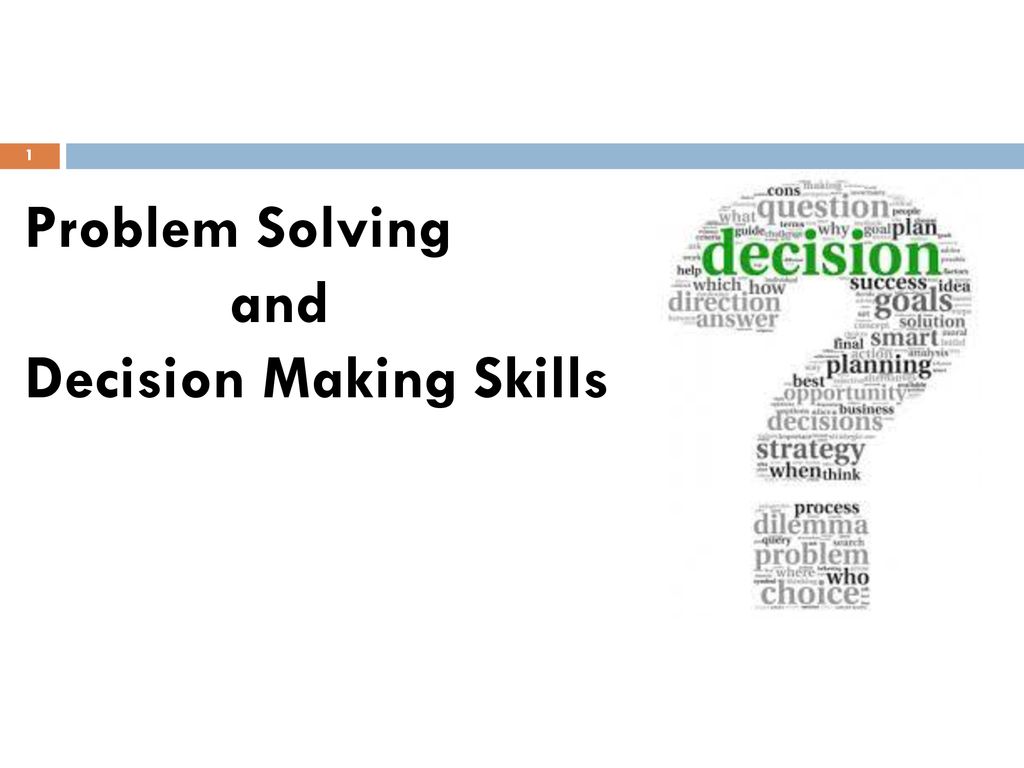Fostering a Decision-Making Mentality: Practical Approaches

Within the current fast-paced world, the ability to make effective decisions is increasingly crucial than ever. Regardless of whether you’re a student, a professional, or a leader, honing the art of smart decision-making can significantly impact your success and well-being. Many people grapple with choices daily, from everyday dilemmas about breakfast options to complex career decisions that could shape their future. The pressure to make the right choice can often lead to anxiety and even paralysis by analysis, where overthinking hinders action.
Developing a decision-making mindset involves understanding the psychological, emotional, and social factors that influence our choices. By implementing proven techniques and frameworks, individuals can manage uncertainty with confidence and clarity. This article explores practical approaches to enhance your decision-making skills, helping you to avoid frequent mistakes and adopt a more strategic way of thinking. From harnessing the power of intuition to managing decision fatigue, we will uncover strategies that empower you to make assured, informed choices in both your personal and professional life.
Methods for Effective Decision Making
To boost your decision-making skills, one practical technique is to formulate a definite decision-making framework. Start by defining the decision you need to make and the objectives you aim to achieve. List the criteria that are important for the decision, and rank them. This structured approach not only clarifies options but also helps focus on what truly matters, enabling you to evaluate alternatives more effectively.
Another key strategy is to adopt the power of slowing down. When faced with a critical decision, take a moment to calm the thought process. This doesn't mean overthinking, but rather allowing yourself the room to assess your options thoroughly. The act of pausing can provide clear thinking, reduce tension, and lead to more reasoned, confident choices. It can be especially helpful in high-pressure situations where impulsive decisions might be tempting.
Lastly, develop EQ to better understand the emotions and motivations behind your choices. Recognize how your feelings affect your choices and learn to regulate them effectively. By growing more attentive to your feelings and those of others, you can approach decision-making with a equitable perspective. This ability is essential, especially in team-based environments, as it allows you to engage empathetically, promoting better group decisions and reaching consensus more effectively.
Understanding the Psychology of Decision-Making
The decision process is strongly rooted in psychology, influencing how we evaluate circumstances and choices. Cognitive biases commonly have a significant role, leading us to favor certain outcomes based on emotions or biases rather than impartial analysis. For example, confirmatory bias can cause individuals to look for data that supports their existing beliefs while ignoring contradictory evidence. Understanding these biases is crucial for improving decision-making skills and reaching more rational results.
Emotional intelligence also greatly impacts the decision process. The ability to identify and control one's feelings, as well as empathize with other people, can result to better choices, particularly in high-pressure situations. When individuals are aware of their emotional responses, they can navigate complex scenarios with greater effectiveness and ensure that their decisions align with their principles and goals. By developing emotional intelligence, individuals can become better equipped to how feelings affect their judgments.
Furthermore, the interaction between intuition and reasoning is crucial to mastering decision-making. While gut feelings can direct us based on previous experiences, it's important to combine this with logical reasoning. By combining gut feelings with evidence-based analysis, individuals can make better-informed decisions. This combined strategy helps to mitigate the risks of hasty choices while still valuing the insights that instinct can provide. Ultimately, grasping the psychological aspects behind decision-making can lead to a more structured and efficient decision process.
Approaches for Creating Certain Choices
To cultivate a decision making mindset, it's crucial to embrace the power of preparation. Spending the time to assemble pertinent information and clearly defining your goals can enhance your self-assurance in making decisions. This involves making a list of advantages and drawbacks for each choice and analyzing how they fit with your long-term objectives. By comprehending the consequences of your decisions, you offer yourself with a organized approach that can greatly diminish doubt.

An additional useful strategy is to utilize mindfulness. By utilizing mindfulness such as reflective practices or relaxation exercises, you can achieve mental clarity that enables more reflective decision-making. This method helps you to remain focused and calm, minimizing anxiety when faced with high-pressure choices. When Get more info are balanced, you are more likely to take decisions that are aligned with your genuine principles and interests.
Ultimately, drawing lessons from past encounters is vital in building confidence for future decisions. Consider on former decisions, both successful and unsuccessful, and determine what worked well and what didn’t. This reflection allows you to refine your choices. By viewing mistakes as learning opportunities rather than defeats, you cultivate strength and adaptability, crucial traits when confronting new choices.
